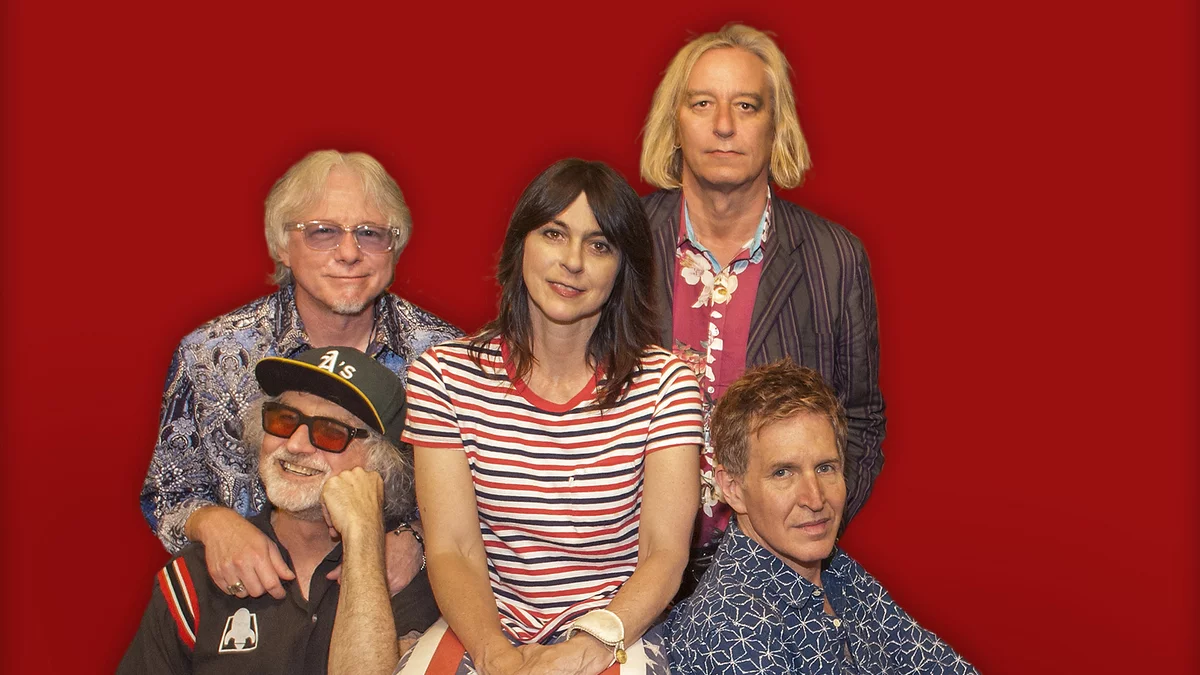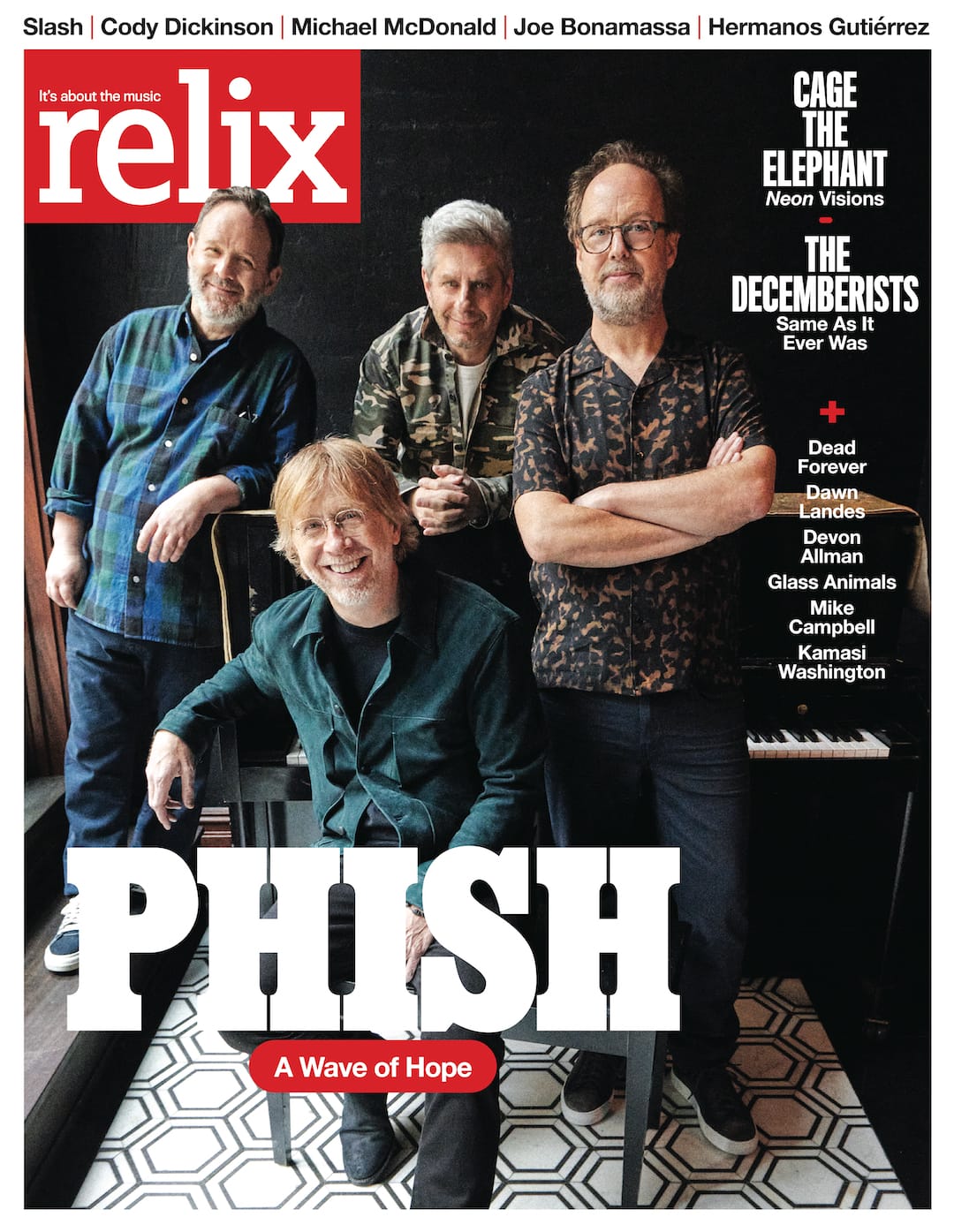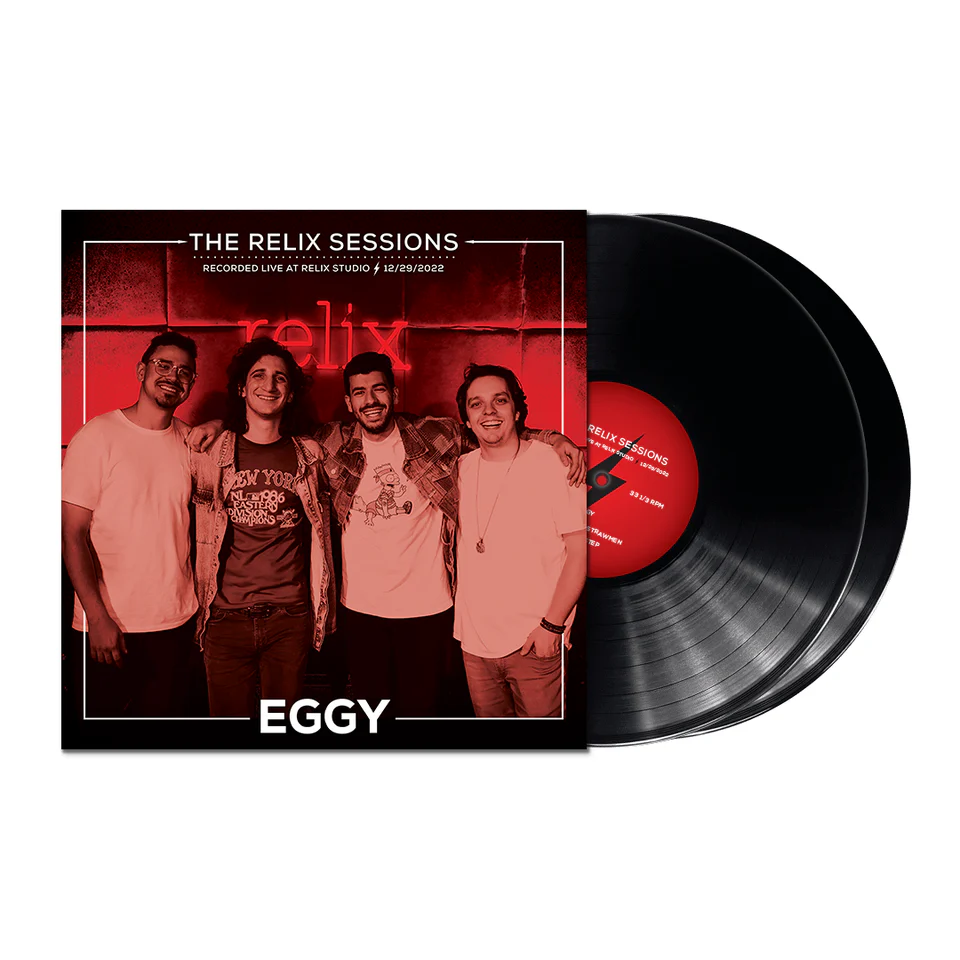Spotlight: The Baseball Project

“I’ve been a baseball fan since the Braves moved to Atlanta in ‘66,” R.E.M. bassist and co-founding member Mike Mills casually remarks, speaking to his conscious effort to pay tribute to America’s National Pastime with The Baseball Project. “Baseball is a polarizing thing. Either you love it or you don’t. There aren’t that many super casual baseball fans. But, certainly, many of them are very passionate and committed, as are we.”
Released earlier this year, The Baseball Project’s fourth album, Grand Salami Time! presents the combined efforts of Mills, Peter Buck, Scott McCaughey, Steve Wynn and Linda Pitmon, who are known for their work with lauded acts such as The Dream Syndicate, Minus 5 and R.E.M. And, while their material might come across as macho, sports-dominant facts and figures on paper, in reality the group’s 15- song tracklist is actually a delicate blend of their well-known indie-rock bands. “Baseball is, of course, full of stories and statistics,” Mills says, touching on The Baseball Project’s approach to crafting their first full-length set of new tunes in nine years. “And there are many parallels between the sport and life in general—not to be too heavy about it, just certain things that life and baseball have in common.”
Before moving away from the band’s choice theme, Mills makes sure to reaffirm his group’s commitment to the notion that “baseball should be fun.”
He continues, “Therefore, songs about baseball should be fun. Not to the exclusion of more serious matters, but you should certainly enjoy listening to them on both a musical and a light-hearted lyrical level.”
That good-time approach makes this group, and moment, so pertinent for Mills, particularly after three decades of stringent requirements while working alongside his R.E.M. brethren.
“R.E.M. was my life for almost 40 years. Once we disbanded, I had a lot of time, and I was luckily able to make some choices about how much I would work versus just goofing off and playing golf all the time. I love that I have various channels like The Baseball Project to give me an opportunity to play music without being locked into a full-time life with it,” Mills admits, explaining his decision to join the band.
Though Mills officially signed on in 2012, The Baseball Project had already existed for five years and produced their first two records, Volume 1: Frozen Ropes and Dying Quails and Volume 2: High and Inside.
In conjunction with the complementary schedule, which moved away from extended touring commitments, Mills explains: “Everyone has their own career and life. We live in different parts of the country, and everybody is dealing with other projects. Then we come back around and realize that maybe it’s time. We’ll hear a baseball story that intrigues us and reminds us that we have this outlet. It’s mostly up to Scott and Steve. It’s more their band. That’s the way I feel about it—they are the leaders, and they write most of the songs. So whenever they’re ready, we make another record,” he explains, while describing their sometimes lengthy breaks between studio releases.
The Baseball Project’s recent sessions also allowed Mills and Buck to return to their old stomping grounds, Fidelitorium Recordings in Kernersville, N.C., the storied location where R.E.M. tracked Chronic Town and Murmur. Perhaps more important, it doubled as an opportunity to work alongside Mitch Easter, who produced the aforementioned sets and deemed Grand Salami Time! His final project. “Mitch and I go way back. He and Don Dixon produced the first two R.E.M. records. Mitch is a wonderful person. He’s fun to be around, his sense of humor is top-notch and his musical sensibilities are the same. Because he can engineer, he can also produce. I feel very good about putting any musical project in Mitch’s hands because he knows what he’s doing.”
Commenting on The Baseball Project’s one-big-room approach in the studio, Mills adds, “That’s the best way to record a rock record, if not most music, if not all music. If you can all play it live, you get a feel you don’t get when you record separately. So we always try to do that. It’s not something R.E.M always did; it’s something that The Baseball Project does, and I think most musicians prefer playing it live.”
McCaughey agrees, adding: “I hope the listeners can feel the fun we had, being in a room together and playing as a band. We are quite used to playing together, but after a few years of separation, it felt so good. And with Mitch at the helm, it was just so natural. We set the bar pretty high, but I think we captured the joy of making music, which is what it’s all about.”
Despite their ballpark approach and sports-leaning references, Mills observes, “We’re starting to get some people in who aren’t necessarily just baseball fans but who like good music. So that’s a really nice thing. And we are a really tight band—and a bunch of good musicians—so the shows are getting more and more fun as we get bigger crowds. We’re just playing better every show.”




















